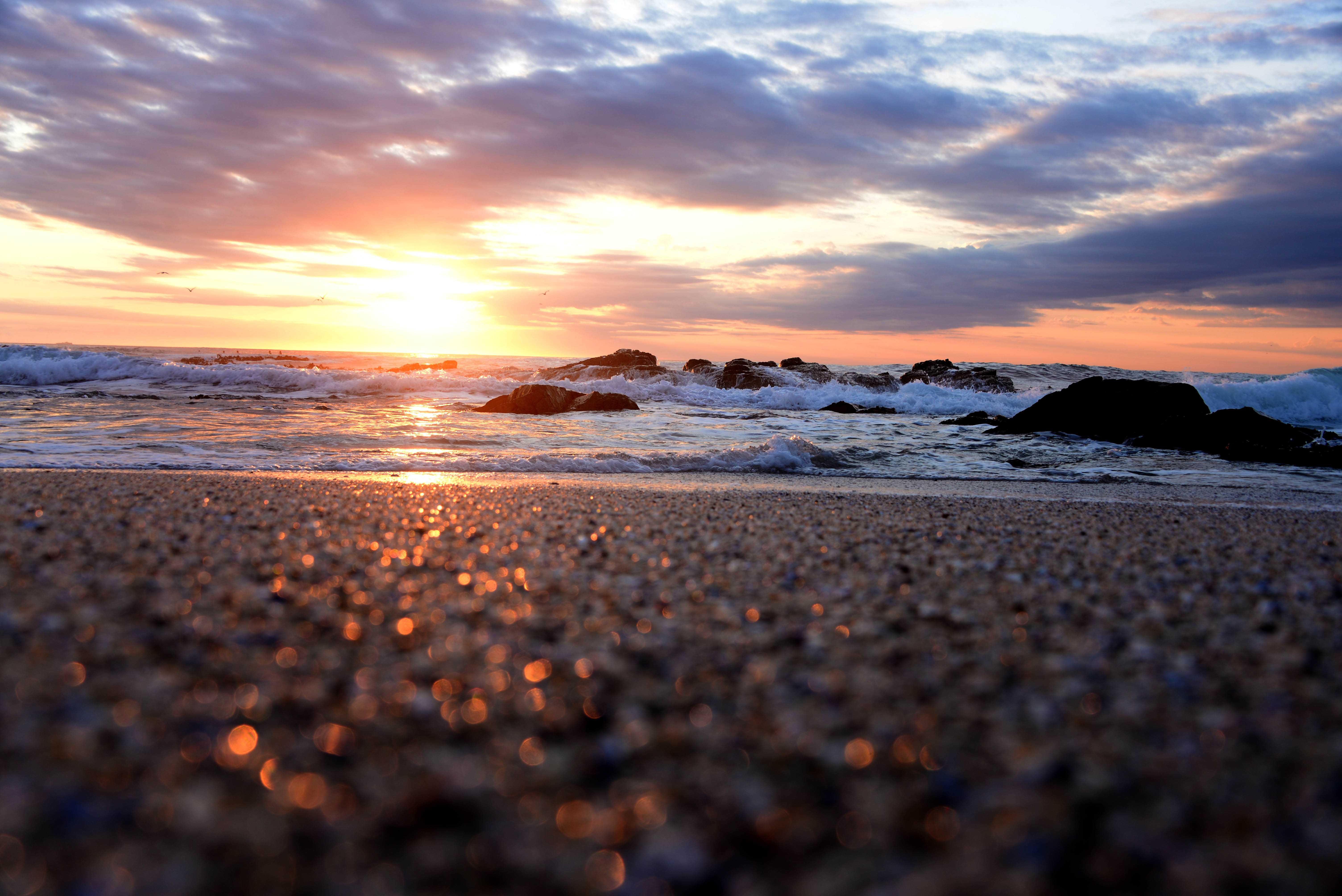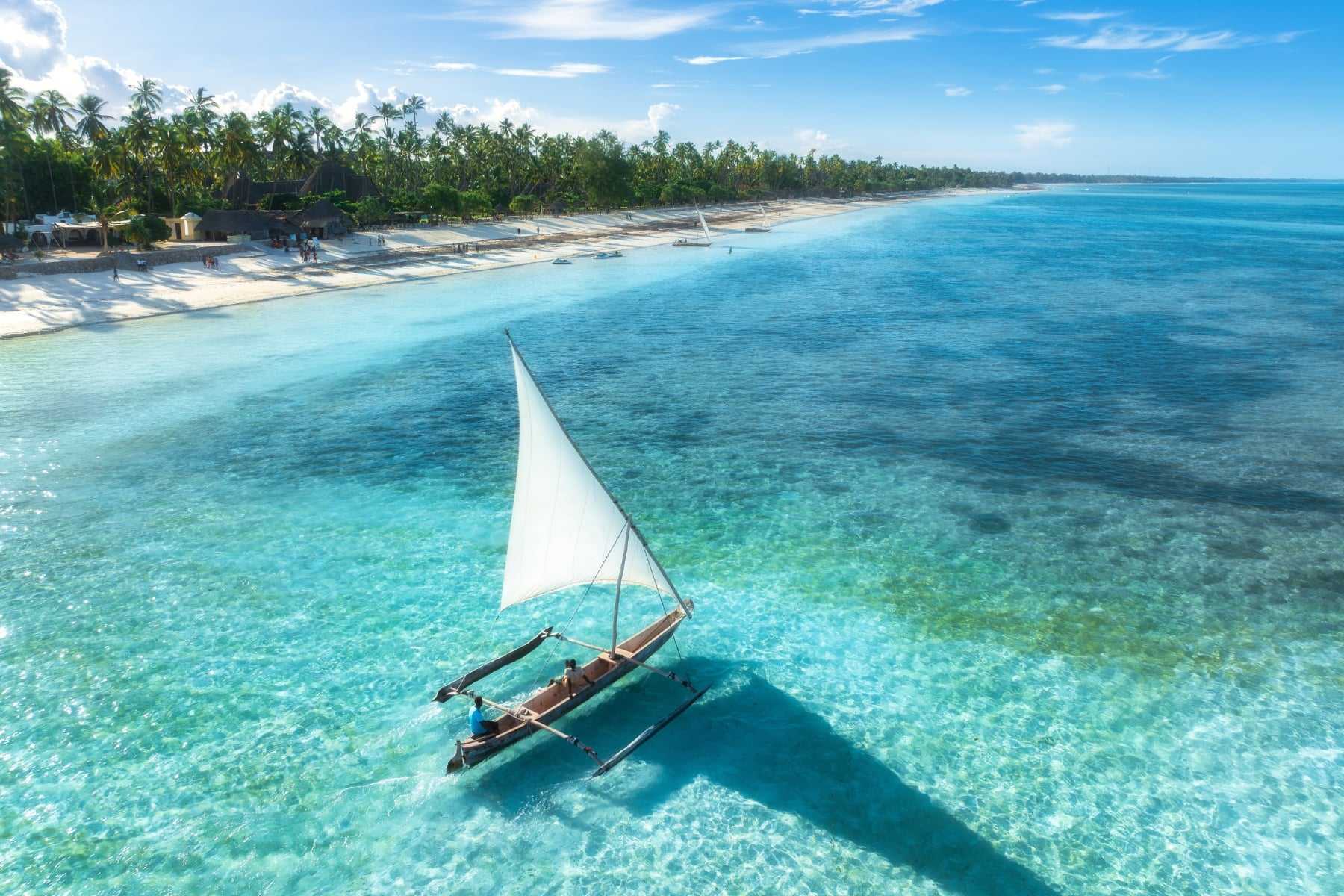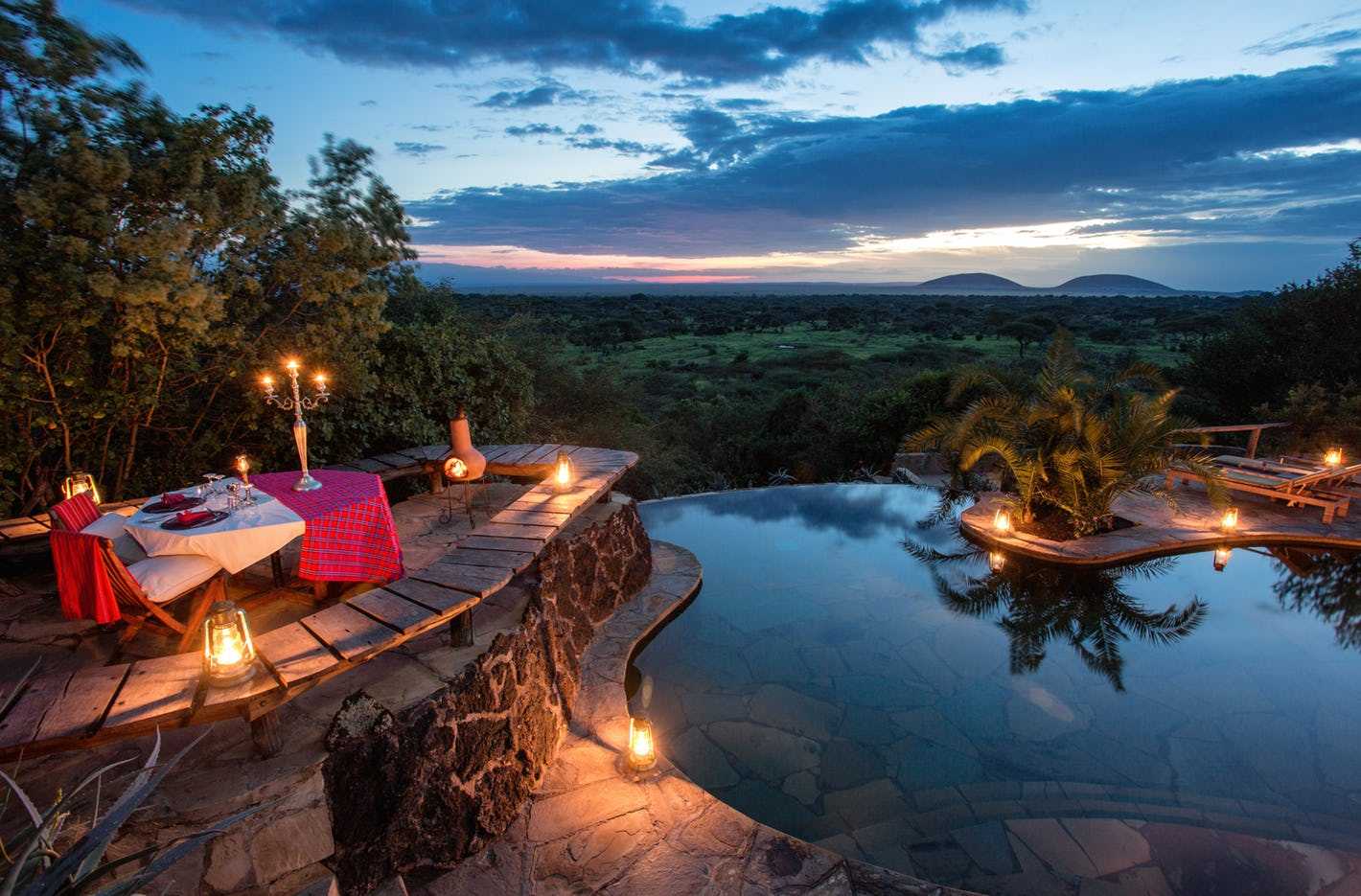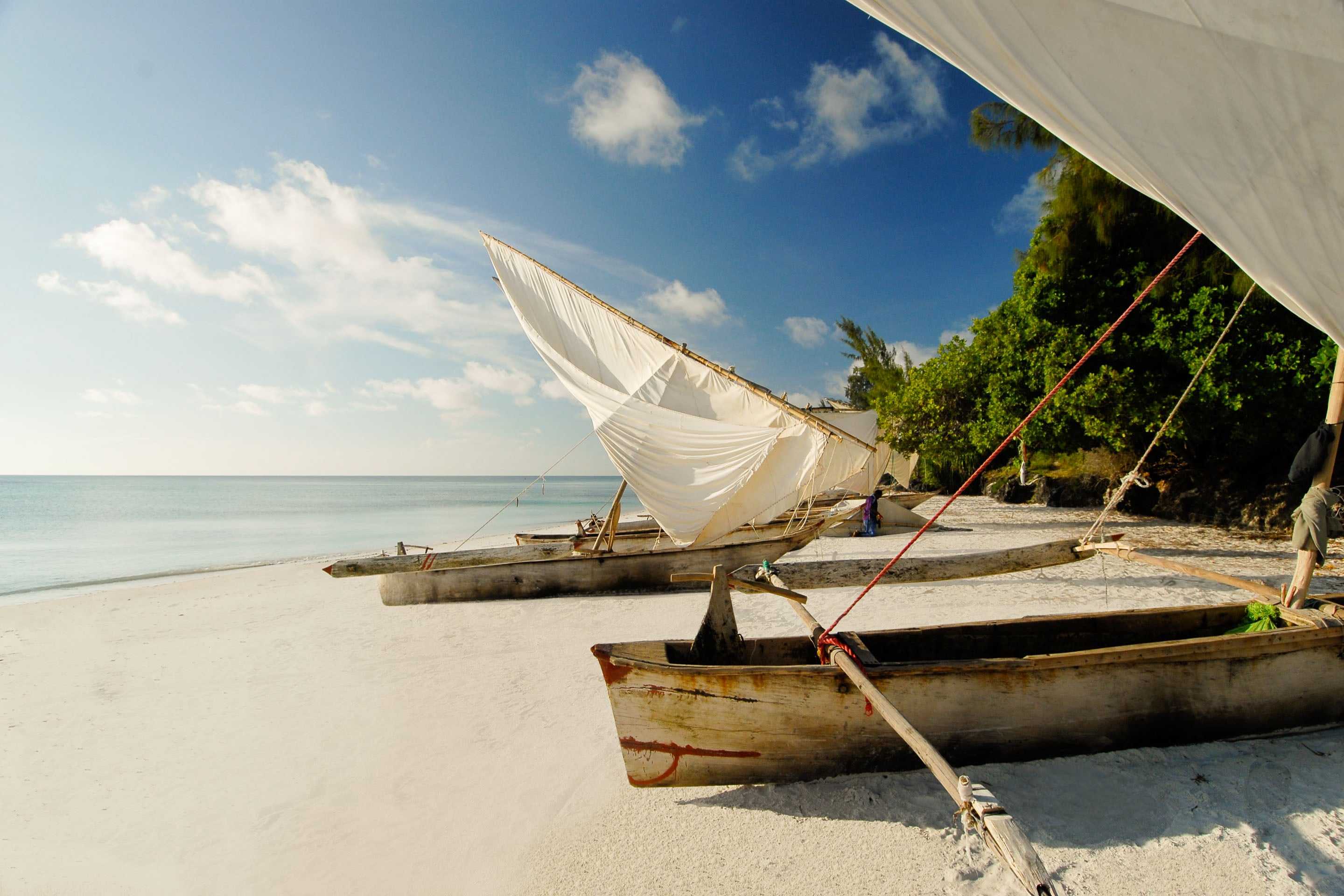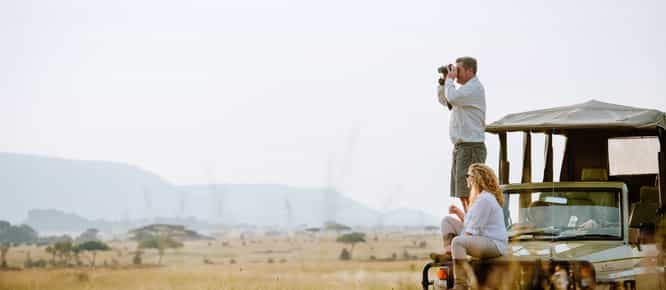The wonderful thing about the African ocean is that the tide never fails to turn.
The world is unpredictable—weather patterns shift, tectonic plates drift and collide, species live and die—but the tide will always come in and go out on time.
I love to sit on the rocky shore just before I go freediving, and feel the vibrations of the swell thundering in. I can sense the moment when the tide changes—the energy of the entire ocean leaning against a continent.
The swells build and explode on the rocks like bass drums. Clouds of spray swirl up in the wind. Frothing water streams through natural canals, pouring nutrient-rich sea into stagnant pools.
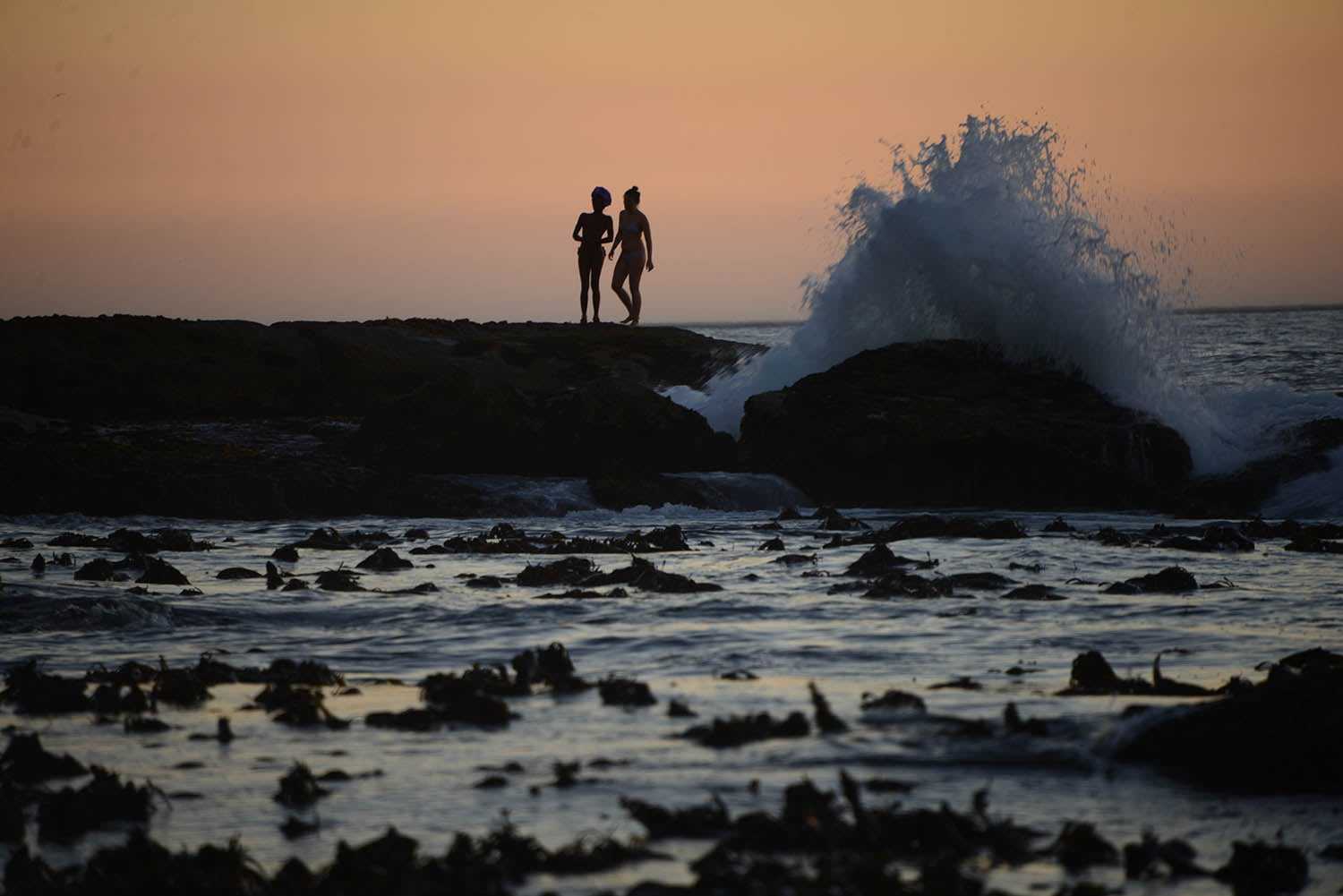
Photo by @larathomas
If my life was a story, it would begin with the tide.
Millions of years ago, semi-aquatic creatures made their way out the tide and onto the beach,evolving into four-legged mammals that eventually, over a very long time, became humans like you and me.
As early people developed in Africa, the tides brought food in the form of shellfish, supplying our growing brains with rich omega fatty acids. And when the world was in the grip of a major ice age around 150, 000 years ago, and the interior of the continent was dry and uninhabitable, the sea at the southern tip of Africa quite possibly saved our species from starvation.
Scientists have uncovered archaeological evidence of early humanity’s close bond with the African ocean in caves all along South Africa’s wind-battered coastline.
In one dark cave perched on the ocean cliffs near Mossel Bay, archaeologists have found signs of shellfish consumption going back 170, 000 years. To the point of human origins.
In another cave a few hundred miles down the coast, scientists found some of the earliest art and symbolic expressions made by people. Red ochre paint-mixing bowls made out of abalone shells, beadwork and fine engravings from up to 100, 000 years ago are evidence that humans may have found their first creative inspiration while looking out over the rolling Indian Ocean.
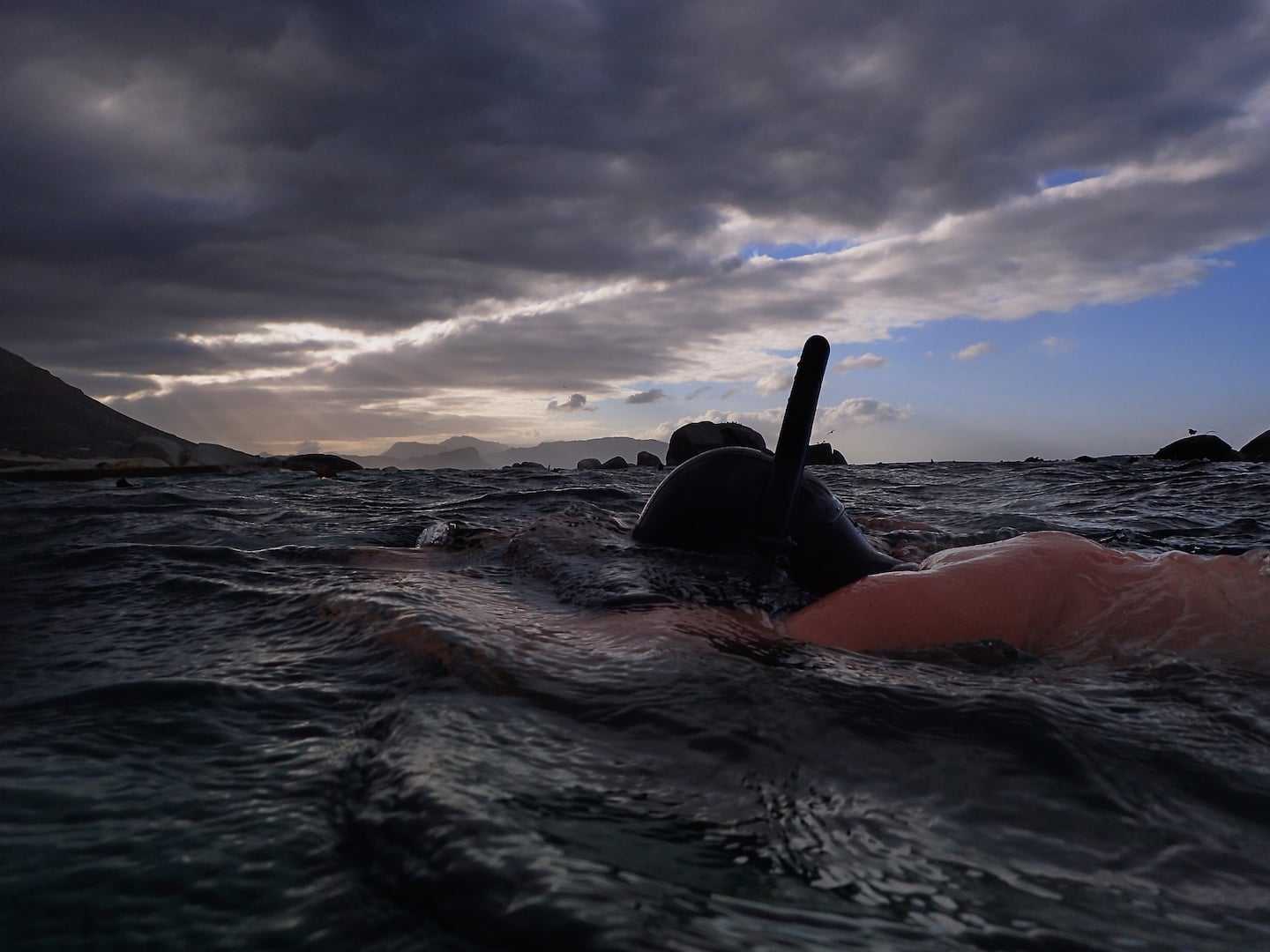
Photo by Craig Foster
I love the first moment when I enter the cold sea, the African ocean.
My body gasps for oxygen as the water touches my skin. This is a natural reaction. It’s my heart pumping blood to vital organs to make sure they stay warm in the water.
When I submerge my face, another subconscious reaction takes place. My heart slows down to 25 percent to allow me to hold my breath for longer. This reflex is an evolutionary hangover from our days in the water. It is called the mammalian dive reflex—or the Master Switch of Life—and we share it with seals, dolphins, otters and other aquatic mammals.
Off the coast of Cape Town, bronze-tipped kelp forests sway with the shifting tides and branch down into a wonderland supporting rich biodiversity. I pull myself down the long kelp arms that cling to the ocean floor. Down, and down, and down I pull, until I freefall.
On the floor I find lobster, urchin, abalone and big red fish darting through the water. My heart beats slowly and I am relaxed. The kelp leans to and fro in the surge, and between the knives of light and shadow, a primitive cow shark emerges and floats by.
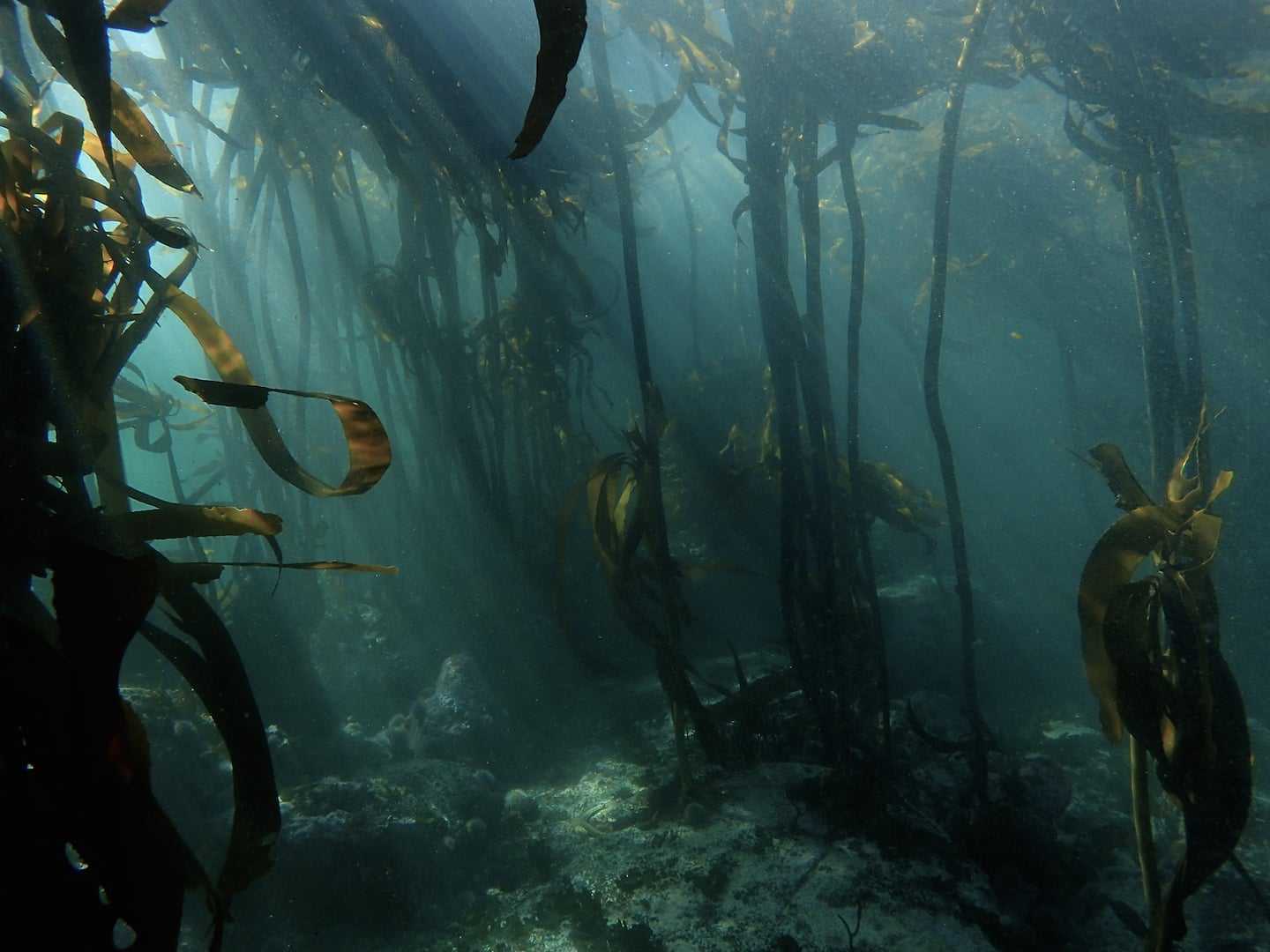
Photo by Craig Foster
When modern humans left Africa around 60 000 years ago to explore the world, some scientists believe they followed the ocean.
They moved along the shore, living off the wealth of life in the tide. They followed the bountiful‘kelp highways’ from Asia to North America, over the exposed Pacific Rim and down the west coast, moving, diving, foraging, learning and moving further.
At a site in a coastal valley of Chile in South America—one of the final points of our peopling of the planet—scientists have found the earliest known human settlement in the Americas from 14, 000 years ago. And in it, remains of ocean foods.
There is still much evidence of our coastal history to be found, most of it buried under the waves. But the broader human story is clear. We were born from the ocean, we survived by the ocean, we followed the ocean to the furthest corners of the planet, and to this day, we are drawn to its shore.
Our biggest cities are built on the coast, and we go on holiday to houses and hotels with windows looking out over the tide, as if framing history.
I love to swim deep on a single breath of air.
To push my limits. To feel the power of the African ocean. To explore the world so different to my routine yet so familiar in other ways—to reconnect with the sea.
I want to trust my body to survive under the water for much longer than I know; long enough to explore. And when the need for oxygen takes hold, I love the feeling of rising to the surface, arms out wide, as the air in my lungs lifts me towards the light.
When I finally wash to shore and flop out of the water, clumsy from gravity, I love to sit for a while on the rocks and feel the tingle of the salt absorbing into my skin.
I watch the tide settle and turn, as it always does.
My body is cold. But my heart is still warm.
This story was originally published on NationalGeographic.com
